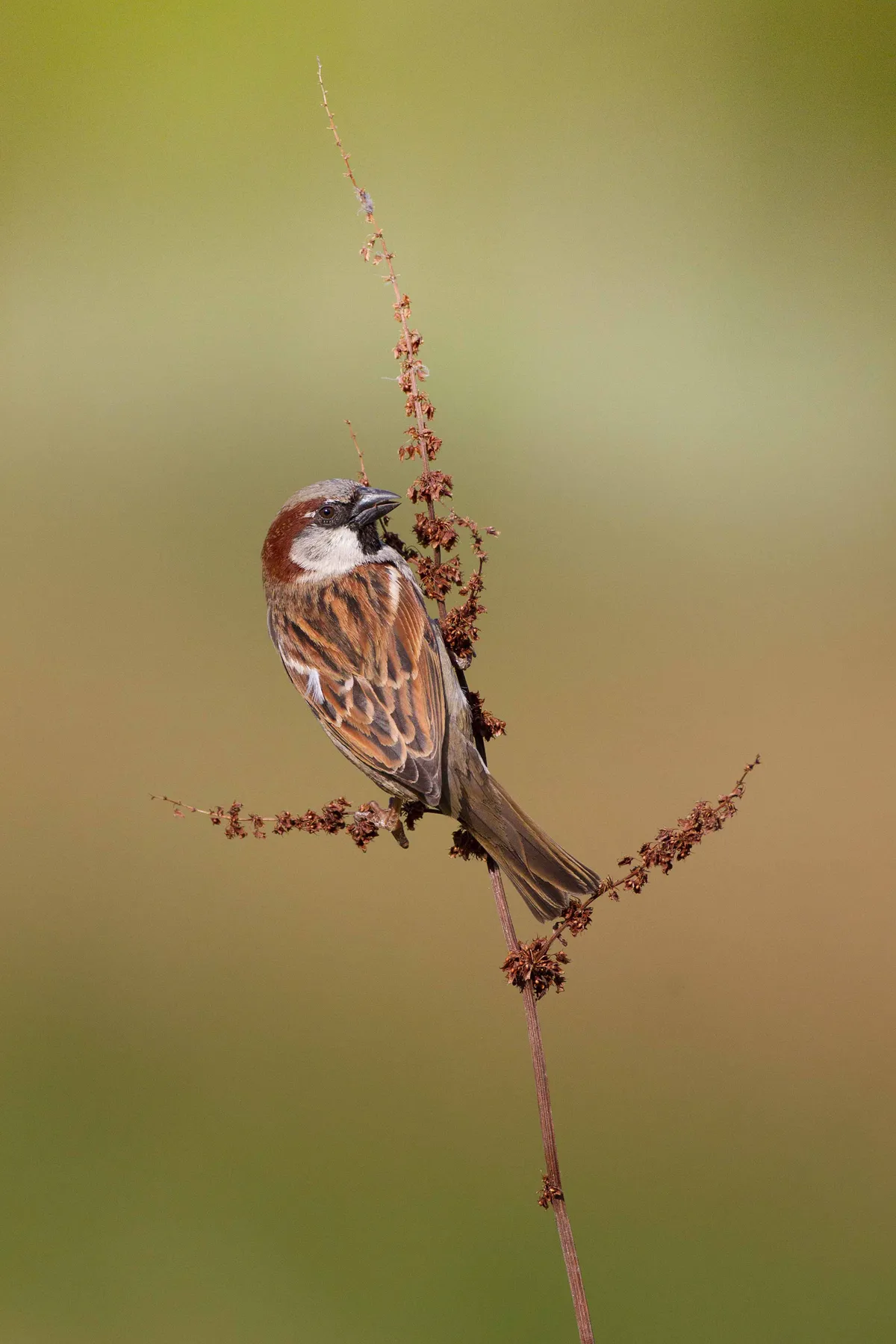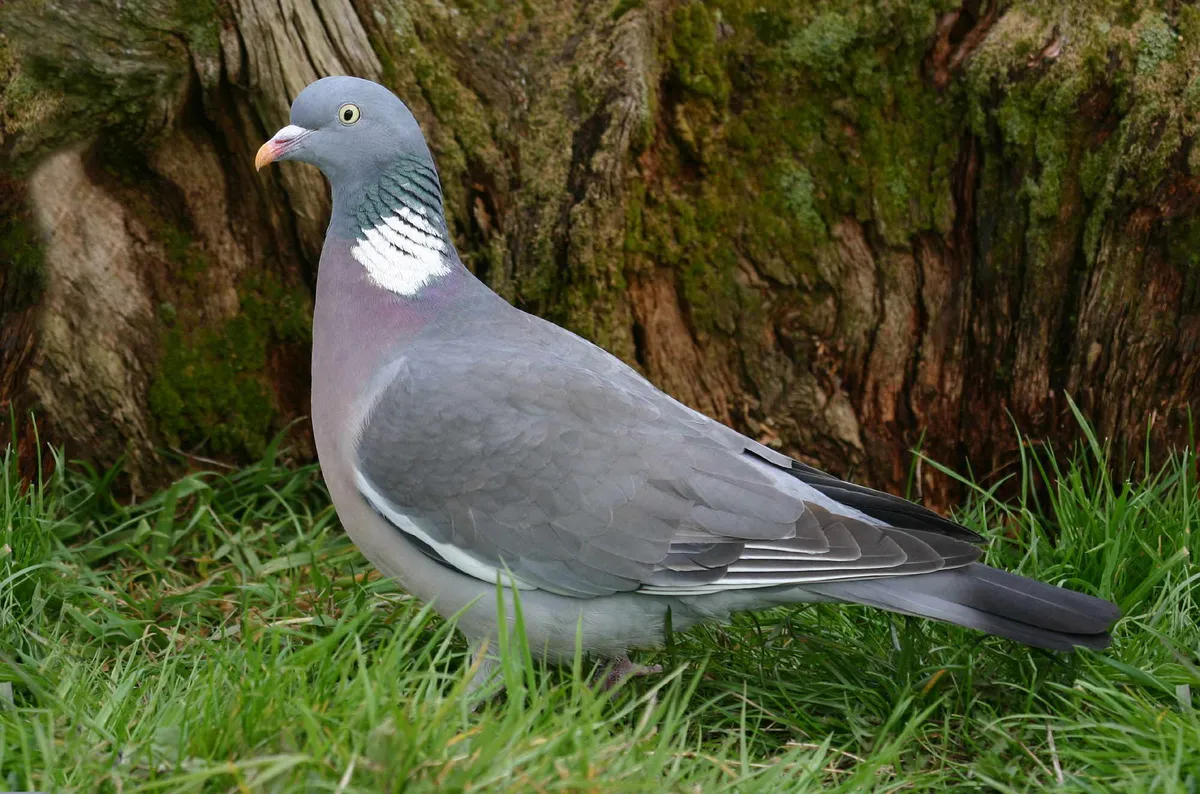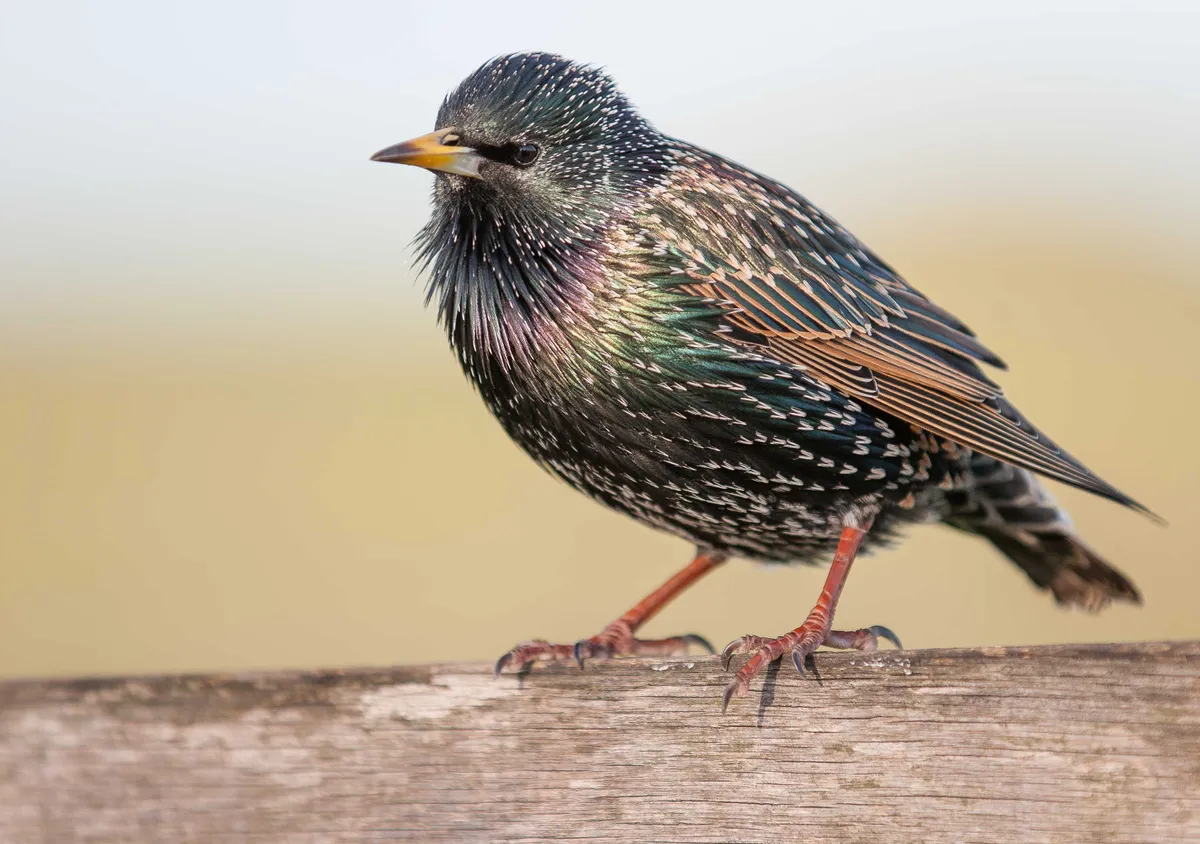New research from the British Trust for Ornithology (BTO) reveals the benefits of garden birdfeeders.
As a nation, we spend an estimated £200—300 million on bird-feeding products each year, which could potentially sustain 196 million birds.
The study provides strong evidence that garden bird feeding has supported population growth in some bird species, and has increased the diversity of species visiting our feeders.
The authors examined birdfood adverts, which showed that the variety and number of products has grown since the 70s.
They also used results from the BTO’s Garden Bird Feeding Survey, through which dedicated volunteers have collected the most comprehensive long-term dataset on bird feeding in the world.
In the 70’s garden birdfeeders were dominated by two species – house sparrows and starlings – but today a much broader range is commonly taking advantage of the free food.

Species such as goldfinch and wood pigeon have gone from being reported by only 20 per cent of Garden Bird Feeding Survey participants in 1973, to more than 80 per cent now.

“We now know that garden bird feeding is one of many important environmental factors affecting British bird numbers,” explains lead author of the study Dr Kate Plummer.
“Regular visits to garden feeders in urban areas appear to have led to population growth across more than 30 different bird species, while there has been no change in the average population sizes of birds that don’t visit feeders.”
Although this is a positive for garden bird feeding, further work is needed, as there can also be negative impacts, such as disease transmission, at feeders.

The study underlines that the pleasure we take in feeding the birds visiting our gardens can have a significant effect on our garden wildlife, and that is certainly food for thought.
“It is fascinating to discover how this seemingly small-scale hobby is in fact restructuring bird communities across large spatial scales,” adds Plummer.
Read the paper in Nature Communications.
Main image: Goldfinch. © Edmund Fellowes/BTO